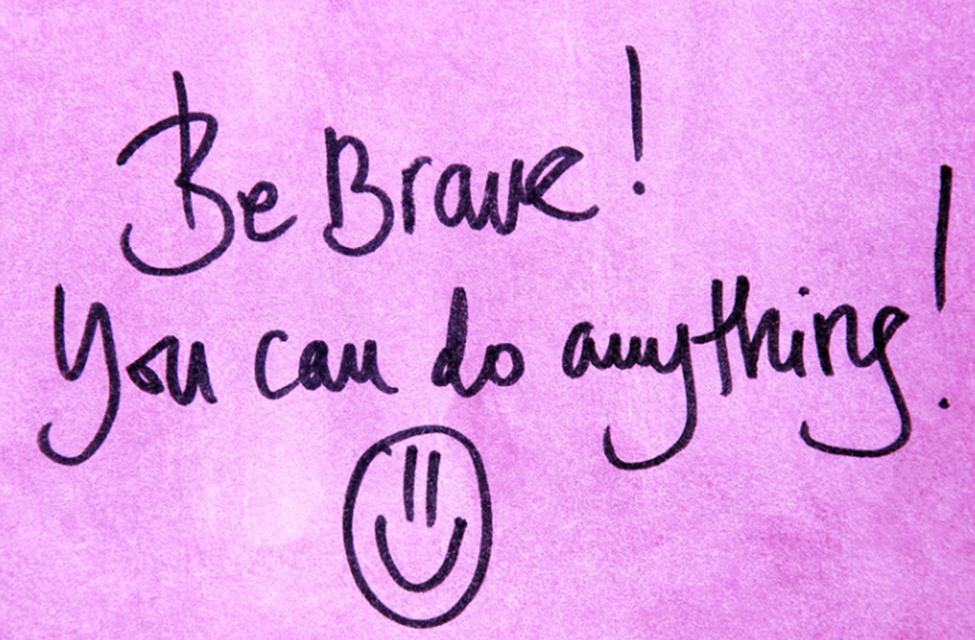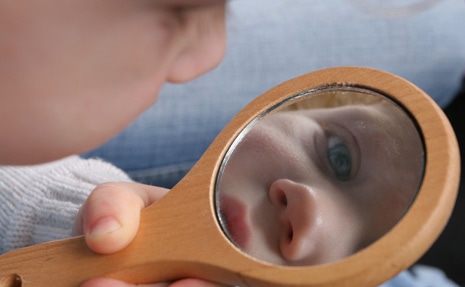When speaking with two incredible women from Lead, Love, Legacy on my “Empowering Women in Educational Leadership” November 15th episode, Aly Calvo and Andrea Kulberg shared their incredible story of courage displayed throughout their lives. By being brave, Andrea has defied many odds and is a model for opportunities when you consistently use courage and ask for help. Aly, her twin sister and biggest supporter, has seen first-hand the incredible journey from the front lines. Together they continue to be brave and display courage in all they do, focusing on empowering others through their Lead, Love, Legacy, L3 Method. Let’s explore this incredible opportunity a bit further.
In life, there are moments when we must summon our inner bravery, not by donning a cape or wielding a sword, but by simply asking for help. It takes immense courage to admit our vulnerabilities, to seek assistance when we need it, and to confront challenges head-on. Being brave means more than just facing adversity; it’s about persistence, tenacity, listening, taking action, and realizing our capacity to do great things. In this blog, we’ll explore the importance of being brave and how it can lead to positive change.
1. The Courage to Ask for Help:
Asking for help is often seen as a sign of weakness, but in reality, it’s a demonstration of strength. True bravery lies in acknowledging when we need support, whether it’s in our personal lives or professional endeavors. It takes courage to set aside our pride, open up, and reach out to others for guidance or assistance. By doing so, we empower ourselves to face challenges more effectively.
2. The Grit to Move Forward:
Life is full of obstacles and setbacks. Being brave means having the grit to persevere despite adversity. It’s about recognizing that setbacks are not failures but opportunities for growth. When we face difficulties with determination, we build resilience and character, which ultimately help us move forward toward our goals.
3. Persistence and Tenacity:
Making a difference often requires persistence and tenacity. It’s easy to become discouraged when progress is slow or obstacles seem insurmountable. However, brave individuals understand that change takes time and effort. They continue to push forward, fueled by their commitment to a cause or a vision.
4. Willingness to Listen:
Another aspect of being brave is the willingness to listen. It’s about recognizing that we don’t have all the answers and that the input and insights of others are invaluable. Being open to different perspectives, feedback, and constructive criticism allows us to make informed decisions and grow as individuals.
5. Taking Action and Realizing Your Capacity:
Brave individuals are not passive observers; they take action. They channel their courage into meaningful deeds that make a positive impact. This action-oriented approach leads to personal growth and enables them to discover their true capacity for greatness. When we believe in our ability to effect change, we can accomplish remarkable things.
In conclusion, being brave is about more than just facing danger; it’s about confronting the challenges of life with courage, resilience, and determination. It’s about the courage to ask for help when needed, the grit to move forward despite setbacks, the persistence and tenacity to make a difference, the willingness to listen and learn from others, and the realization that we all have the capacity to do great things. So, be brave, embrace your inner strength, and let it guide you toward positive change and a brighter future.
For information on the L3 Method, go to: https://www.leadlovelegacy.com/L3method. For support to be brave and having the courage to ask for help, I would be honored to guide you along your journey. Reach out to me for a free consultation at www.drstephanieduguid.com, I would love to help you!





